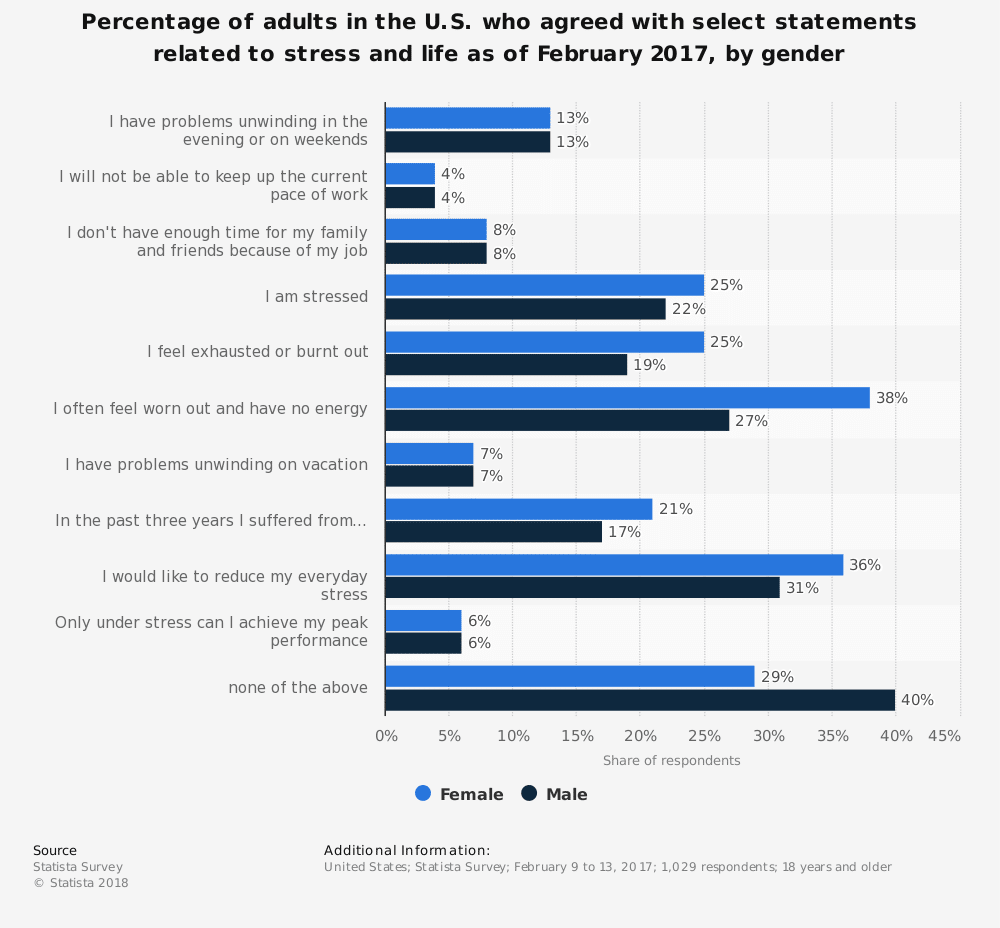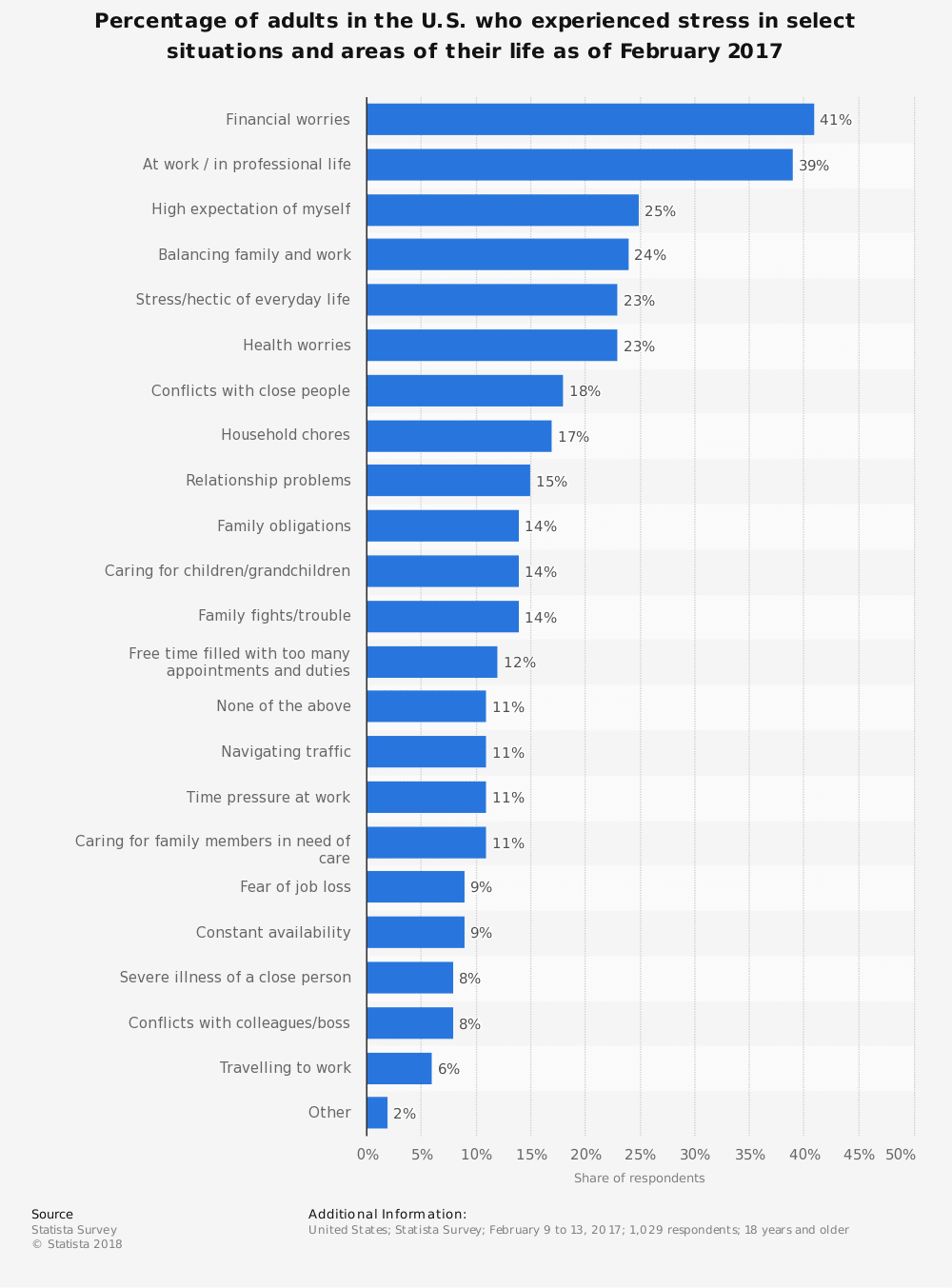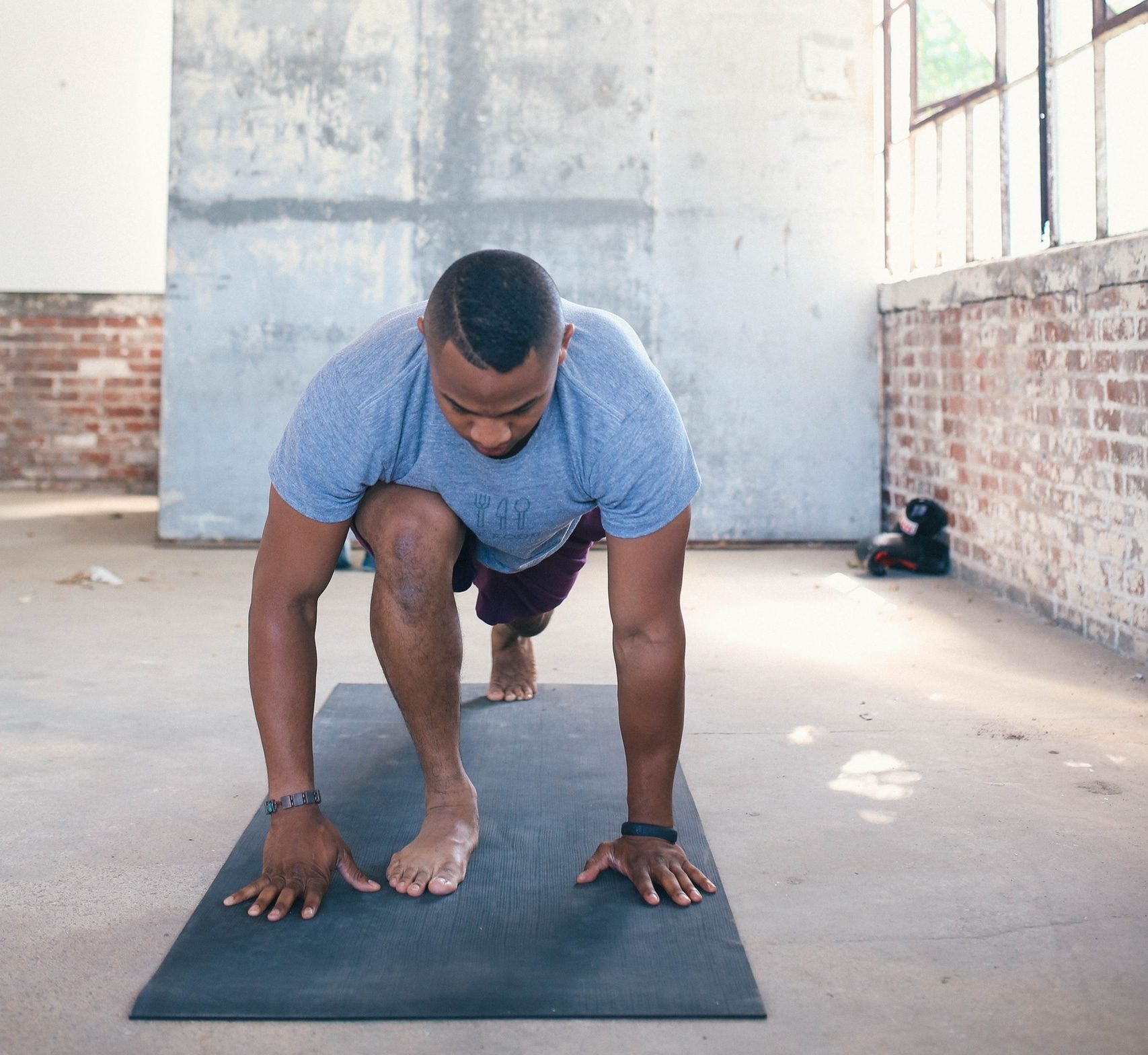Rediscovering Self-Care in NYC
As people living and working in New York know all too well, it seems that everyone is on the go. There is pressure to use every minute of the day—and sometimes night—purposefully. Never giving in to downtime, never wasting a moment. Stress is the norm and anxiety, and depressive feelings are all too common.
According to a 2017 study conducted by Statista Survey, 38% of adult female respondents and 27% of adult male respondents in the U.S. endorsed the statement: “I often feel worn out and have no energy.”
When it comes to priorities, carving out time for self-care often takes a backseat to the more pressing matters: deadlines at work, social plans, and household chores, to name a few. No matter how hectic your schedule, it is vital to take a few minutes to yourself every day. And of course, the critical challenge for many is making self-care a habit.
I frequently remind clients that change doesn’t happen overnight. I often hear: “I know I should be doing X, but…” Many recognize that self-care is essential and can recite most of the proven self-care strategies. However, even the most capable and diligent person can’t possibly expect to wake up suddenly and incorporate all of them. Any process worth committing to takes time to learn and integrate and requires self-patience and self-compassion.
Self-care is not a one-size-fits-all process. Some people exercise regularly but view exercise as a necessary part of their life like sleeping or eating. Maybe they struggle with practicing mindfulness, sitting still long enough to observe and let go of endless thoughts to relax or fall asleep. Others have put off the gym so long that their procrastination has become its own source of stress, and finding a fitness regimen that they enjoy and can fit in a few times a week would seem like a monumental success.
Creating a self-care routine requires determining what is right for you, what you know has worked for you in the past, and what can reasonably fit into your lifestyle now. Ultimately it has to be doable or, chances are, you won’t follow through despite your best intentions. It requires trial and error and acknowledgment that it is a daily choice, not a task on the to-do list, to take ownership over and improve your health and wellness. It is not linear, and it’s okay to try different activities, personalize your self-care strategy, be forgiving of yourself when there are inevitable setbacks, and embrace every self-care victory along the way.
Of course, it can be helpful to talk to and float ideas with others about how they take care of themselves. But no one else – friends, bosses, even your therapist – can tell you what you should be doing to take care of you. It takes soul-searching and harnessing motivation from within to find a self-care a habit worth adding to your life. Because the alternative—the humming background noise of paralyzing anxiety or the darkening, numbing nosedive into worsening depressive symptoms—will continue to make it harder to get out, live your best life, and attend to the vital career and social matters of the day.
Here are some self-care tips for your NYC lifestyle:
1. Regular physical exercise
You’ve heard this many times. But consistent exercise might be the most important activity on this list. Research shows that physical exercise offers many health benefits. Not only does it get you out and around other people, but exercise can also help release endorphins, the brain chemicals that boost your mood. Additionally, exercise lowers levels of adrenaline and cortisol, the body’s stress hormones. Many find that physical activity has a mindful aspect: the immediate focus is on keeping your body busy so that the mind can wander away from distracting thoughts and towards creative ones.
2. Make your home a place you want to spend time in
Turning even the tiniest of apartments into a welcoming oasis with artifacts you’ve collected and objects you enjoy looking at can aid in stress reduction. Bring nature (and oxygen) into your city space with plants. Indulge in some home spa remedies like aromatherapy and candles to activate your olfactory system. Studies demonstrate that scents like rosemary and lavender lower cortisol levels. Brighten and open up your space with lighter colors and minimalistic décor. Include multi-purpose furniture like a desk or coffee table that can transform into a serving buffet for snacks when friends come over.
3. Exercise patience
We’ve all done it: allowed ourselves to grow increasingly frustrated with the person moving at a snail’s pace, mindlessly texting in front of us on the subway escalator or sidewalk. Or become agitated about the neighbor’s loud TV blaring down the hall. Maybe your boss has a habit of giving you yet another project late Friday afternoon. Breathe. Don’t let anything or anyone else stress you out or affect your mood. It’s just not worth your energy.
4. Practice mindfulness
Mindfulness is all about being aware of your surrounding environment and what you are doing, allowing you to lean on your senses so you can be fully present, let go of anxious thoughts, and achieve some inner peace and relaxation. While it sounds great in theory, mindfulness can be challenging when we are not used to pausing our brains to observe our thoughts and feelings. Mindfulness requires practice and a great deal of self-compassion, warmth, and empathy. It can mean 2-3 minutes of a seated meditation exercise using one of the many apps, walking through the park or along the river and taking in the sounds, smells, and sights, taking a yoga class, or mindfully eating a meal. The key to practicing mindfulness is integrating it into your everyday life by taking brief, mindful pauses at least once a day.
5. Engage in activities that don’t involve drinking
A lot of social and professional events in NYC revolve around alcohol. Of course, a glass of wine or cocktail 1-2 times a week is fine for most people, but drinking becomes problematic when it involves increased frequency, quantity, and dependency. Alcohol serves as a depressant and therefore has a significant adverse impact on mood. While the initial effects from a drink or two may seem positive: euphoria, feeling less inhibited, diminished social anxiety, etc., the accompanied hangovers, sleep disturbance, and depressed mood to name a few, make the net consequences of excessive drinking negative and contradictory to the goal of self-care. Instead, try a new coffee or tea shop. Go rock climbing or roller skating. Spend an evening at a museum. NYC has a lot to offer, and much of it does not involve drinking.
6. Journal to reflect on the day, process out loud, and restart
Sometimes it can be tough to identify and verbalize thoughts and feelings. Many people find that journaling is not only cathartic, but it can help to reflect on and process internal experiences and form a more cohesive narrative to organize these experiences in your mind. Expressive journaling is a proven stress management technique that can also decrease depressive and anxiety symptoms and aid in recovery.
7. Start your therapy journey
There are countless reasons people choose to go to therapy. However, it is often when people can benefit from treatment the most when they are feeling so stressed and overwhelmed, that initiating the process of finding a therapist and committing to weekly sessions may feel most daunting. Therapy Group of NYC makes it easy for you to schedule online through our website and help you find the right fit. We believe that it matters who your therapist is in NYC and whether they truly understand and can help you. We tailor treatment to clients’ individual needs and invest in building a trusting, warm, and respectful collaboration with our clients. We are eager to help you lead a more fulfilling, balanced life!



